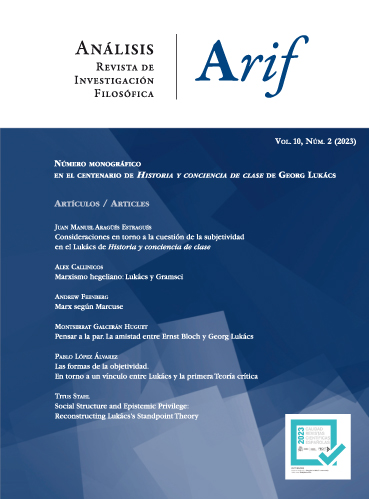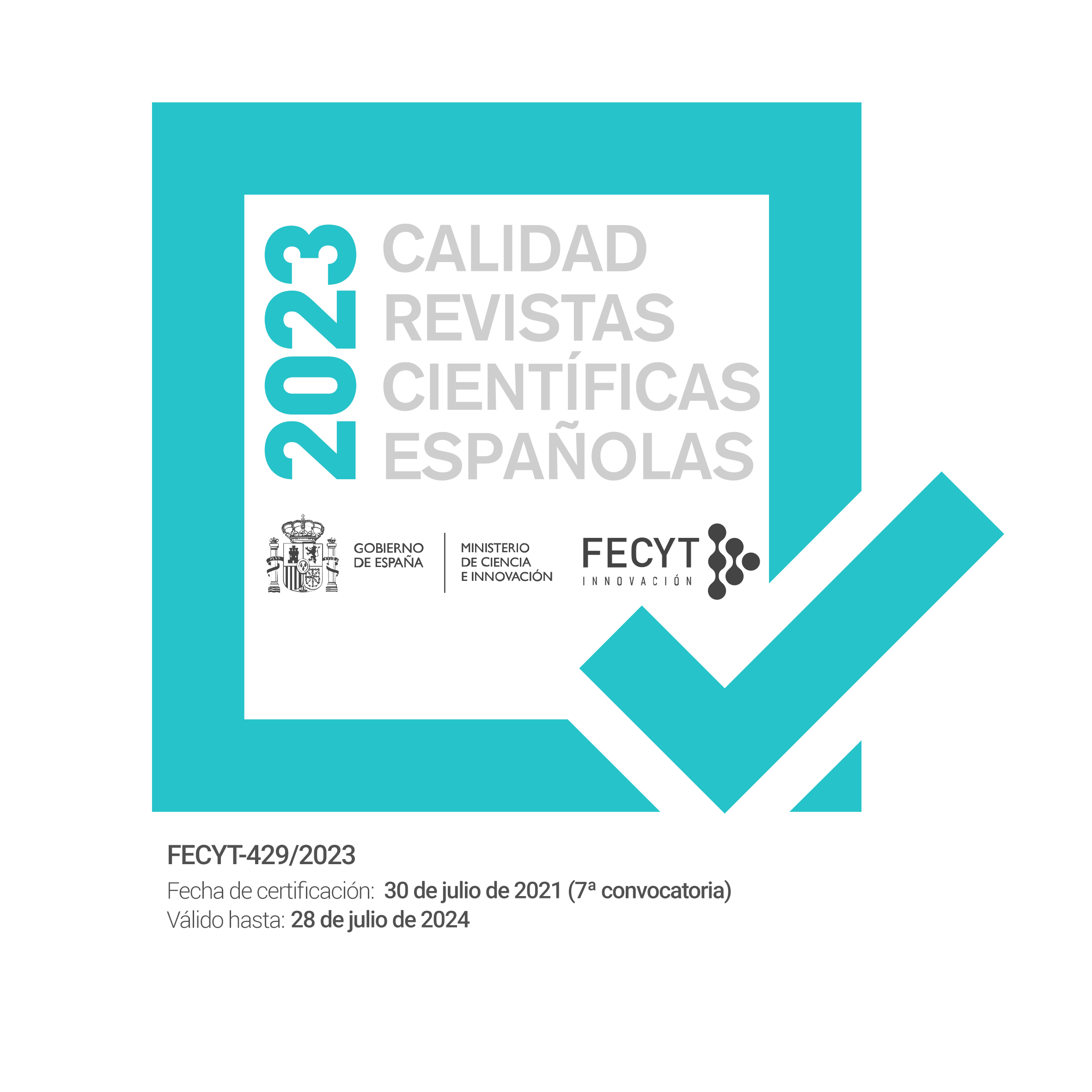Social Structure and Epistemic Privilege
Reconstructing Lukács’s Standpoint Theory
DOI:
https://doi.org/10.26754/ojs_arif/arif.202329937Abstract
Lukács is widely recognized as being the first critical theorist to have explicitly developed the idea of a “standpoint theory”. According to such a theory, members of oppressed groups enjoy an epistemic privilege regarding the nature of their oppression. However, there is no agreement regarding what precise argument Lukács offers for his claims regarding the alleged epistemic privilege of the working class. Additionally, it remains unclear whether later feminist standpoint theories share any continuity with Lukács’s argument. In this analysis, I identify four arguments for the epistemic privilege of oppressed groups that could be attributed to Lukács. I argue that, although Lukács does not consistently endorse any specific argument, the most promising interpretation suggests that epistemic privilege arises from a contradiction between the norms that guide the self-understanding of such groups and the effects of the social practices they are socially obligated to engage in.
Downloads
Published
How to Cite
Issue
Section
License
Copyright (c) 2023 Titus Stahl

This work is licensed under a Creative Commons Attribution-NonCommercial-NoDerivatives 4.0 International License.
Los autores que publican en esta revista están de acuerdo con los siguientes términos: los autores conservan los derechos de autor y garantizan a la revista el derecho de ser la primera publicación del trabajo al igual que licenciado bajo una Creative Commons Reconocimiento-No Comercial-Sin Obra Derivada 4.0 (CC BY-NC-ND) que permite a otros compartir el trabajo con un reconocimiento de la autoría del trabajo y la publicación inicial en esta revista. Los autores pueden establecer por separado acuerdos adicionales para la distribución no exclusiva de la versión de la obra publicada en la revista (por ejemplo, situarlo en un repositorio institucional o publicarlo en un libro), con un reconocimiento de su publicación inicial en esta revista.






